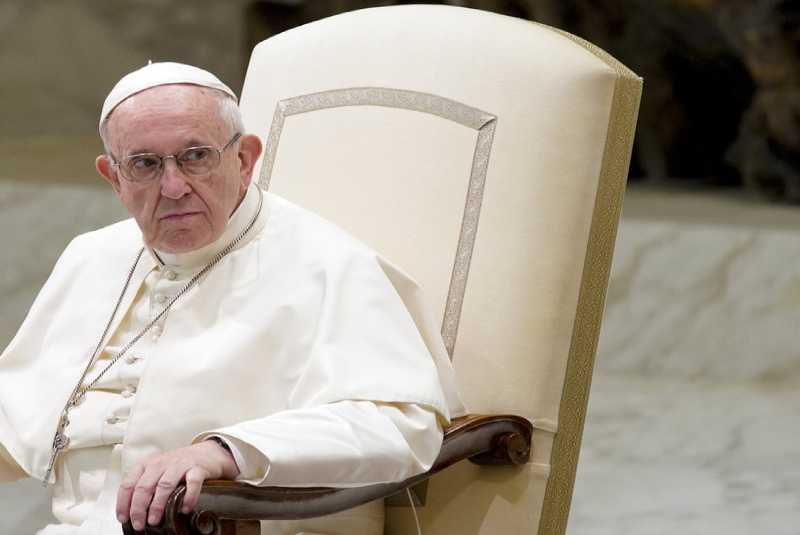×
The Standard e-Paper
Smart Minds Choose Us

When the pope is given a cool, even combative, welcome in the Republic of Ireland, the Roman Catholic Church is in trouble. The country had been – from its founding as the Irish Free State in the early 1920s after a violent break with the United Kingdom – deeply influenced by Catholic teaching in the framing of its laws and the management of its institutions. It is now solidly secular – and it has a list of hard questions to put to the Church.
How times have changed